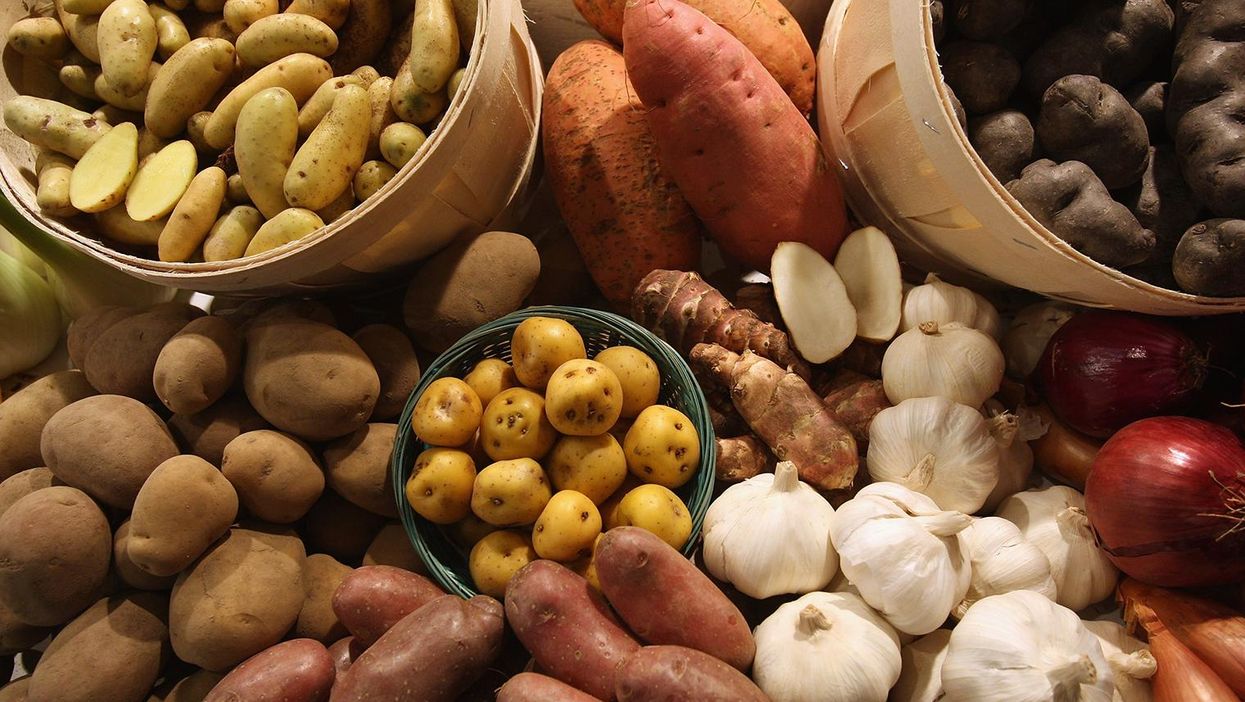News
Roberto A. Ferdman
May 07, 2015

Earlier this week, long time eating researcher Traci Mann and I discussed the unbecoming truth about diets. The takeaway is that they don't actually work.
Over the course of her more than 20 years studying how people eat, Traci has found that willpower doesn't work quite like we imagine it will, and our bodies are predisposed to maintain a weight that often doesn't fit the ideal mold we aspire to achieve.
That being said, there is more than mere gloom for those hoping to shed a few pounds, or even just eat a bit more healthfully. Diets might not work the way we want them to, but there are at least two strategies for eating less unhealthy food and more healthy food that have been shown to work pretty well.
First, she says, focus on creating obstacles to eating bad food.
These are strategies that put obstacles between you and tempting food. The reason obstacles work is because we are lazy. An obstacle will slow us down, if not stop us entirely. So it's a great strategy for eating less of something. It's not going to help you eat none, but you will likely eat less of it.
There's this one study from my colleagues eating lab in the Netherlands where she showed that if you have a bowl of M&Ms on the table next to you you'll eat a lot of them. If you move it across the room, however, you'll eat roughly half as many. Now, that's a big obstacle. You've got to stop what you're doing and get up and walk across the room. But even a smaller obstacle than that—a much smaller one in fact—will work just as well. If you just move that bowl of candy two feet across the table, so it's still on the table but you have to extend your arm to reach it, you'll eat as few as when it's across the room.
Second, she says, make it easier to eat healthy food.
The other strategy kind of flips it. Instead of making it harder to eat unhealthy stuff, they make it easier to eat healthy stuff.
An example of that would be the 'get alone with a vegetable' strategy. The strategy is that you put vegetables in competitions that they can win. Normally, vegetables will lose the competition that they're normally in—the competition with all the other delicious food on your plate. Vegetables might not lose that battle for everyone, but they do for most of us.
This strategy puts vegetables in a competition they can win, by pitting vegetables against no food at all. To do that, you just eat your vegetable first, before any of the other food is there. Eat them before other food is on your plate, or even at your table. And that way, you get them when you're hungriest and unable to pick something else instead.
The strategies are kind of like this. And they work. It's not about resisting yummy stuff. It's not about going on a diet that is bound to fail. It's just about making it a little harder to make the wrong choices, and a little easier to make the right ones.
Copyright Washington Post
Top 100
The Conversation (0)












